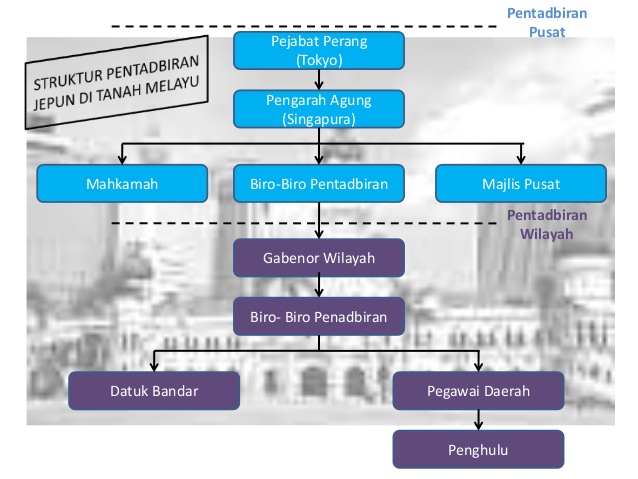The Conflict Theory Of Crime And Deviance - 1836 Words.
The violation of the formally enacted laws is the formal deviance i.e. crime e.g. robbery, theft. The violation of the informal social norms that are not formal laws is informal deviance e.g. picking one’s nose. Deviance is described in its statistical and absolute terms. A definition of deviance, which relies on rigid reference to moral or ethical codes that are presumably universal, we.
The Conflict Perspective on Deviance. Conflict theories emphasize the social, political, or material inequality of a social group, that critique the broad socio-political system. Learning Objectives. Explain how conflict theory understands deviance and crime in society. Key Takeaways Key Points. In conflict theory, deviant behaviors are actions that do not go along with the social institutions.

This theory is the better theory when describing deviance. This is the better theory because it takes into effect most of the reasons why a person would or would not take part in deviant behaviour. The four social bonds that are described within this theory are things that a person would hold dear and would not jeopardize these relationships or beliefs and feelings by partaking in criminal or.
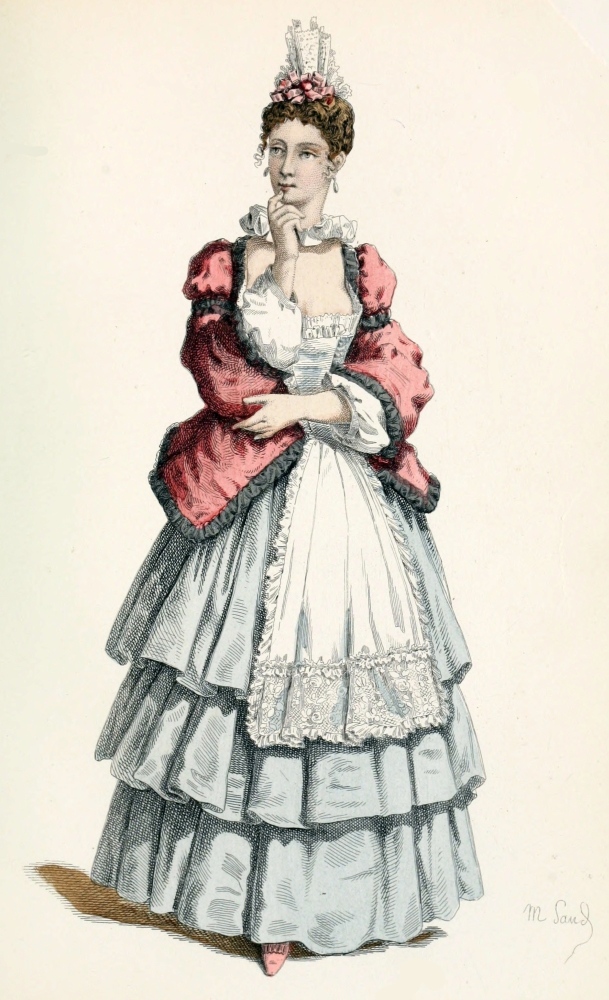
This paper looks at the functionalist approach to the explanation of the causes of deviance and crime. The theory was developed by Durkheim who noticed that traditional societies were better bound by common norms as opposed to the modern societies a condition which he termed as anomie. This being the case, people are at greater liberty to pursue their own interests as opposed to collective.

Deviance from conflict perspective can be explain by breaking up the theories of Karl Marx. Those who follow the work of Karl Marx concerning criminology are known as Marxist criminologist. The crux of Karl Marx theory is that, society is evolving continuously and evolution is inevitable. Historically Few people rule and other were being ruled in a society. In slave society masters rule over.

A third important sociological framework is the conflict theory. Unlike the structural functional theory, which views society as a peaceful unit, conflict theory interprets society as a struggle for power between groups engaging in conflict for limited resources.Karl Marx is the founder of conflict theory.Conflict theorists like Marx posit that there are two general categories of people in.
Conflict theory looks to social and economic factors as the causes of crime and deviance. Unlike functionalists, conflict theorists don’t see these factors as positive functions of society. They see them as evidence of inequality in the system. They also challenge social disorganization theory and control theory and argue that both ignore racial and socioeconomic issues and oversimplify.

Conflict Theory. Punks: Labeling theory argues that people, such as punks, become deviant as a result of people forcing that identity upon them and then adopting the identity. The third main sociological theory of deviance is conflict theory. Conflict theory suggests that deviant behaviors result from social, political, or material inequalities of a social group.
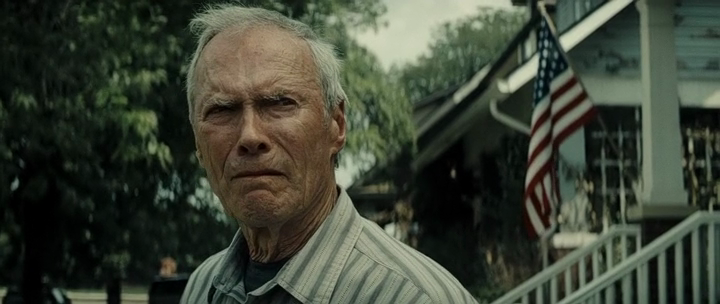
However, a punishment may promote one goal and conflict with another.Supporters of deterrence believe that if punishment is imposed upon a person who has committed a crime, the pain inflicted will dissuade the offender (specific deterrence) and others (general deterrence) from either repeating the crime or from committing similar crimes. Incapacitation deprives offenders of the ability or.
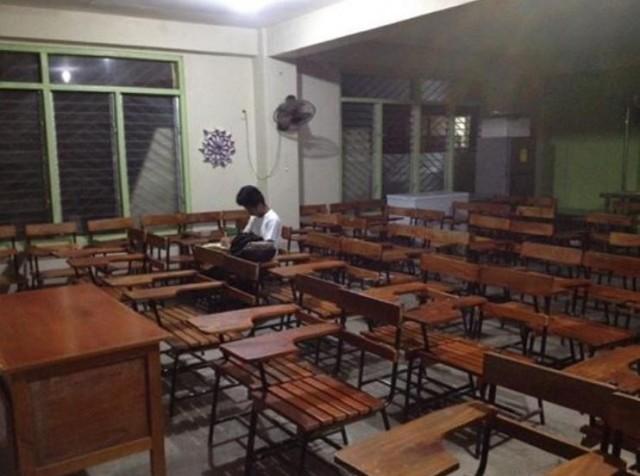
Both Cohen and Merton’s theories are that of a functionalists perspective and believe crime is needed within society, to indicate there is a problem and in turn that problem can be resolved.Turning now to an interactionalists perspective on crime and deviance, the writer will compare the similarities and differences between the functionalists and the conflict theorists explanation for crime.
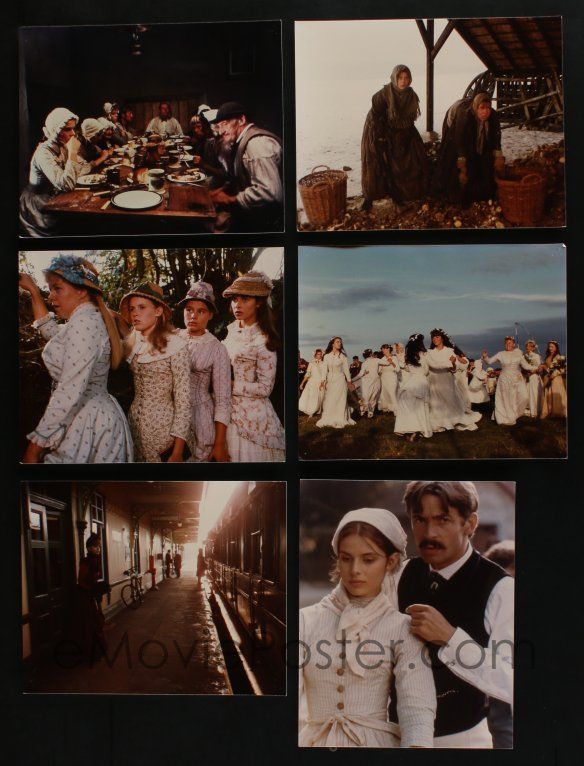
In Becker, then, and labeling theory the concept of deviance and the concept of rule making is inextricably linked; the one who controls the later also creates the former. Becker’s work of course, especially the passage quoted above opens up to us the area of crime and youth; more and more these two areas are being seen as conflated in the public arena. Government statistics reveal that a.

Conflict theory and crime-division into 2 categories unequal-capitalists make laws to benefit themselves-criminal justice system judges and sentences differently. White collar crime. nonviolent crime committed but the capitalist class during the course of their occupation - working class: robbery,murder-while-collar: insider stock trading, breaking regulatory laws. Conflict perspective-white.
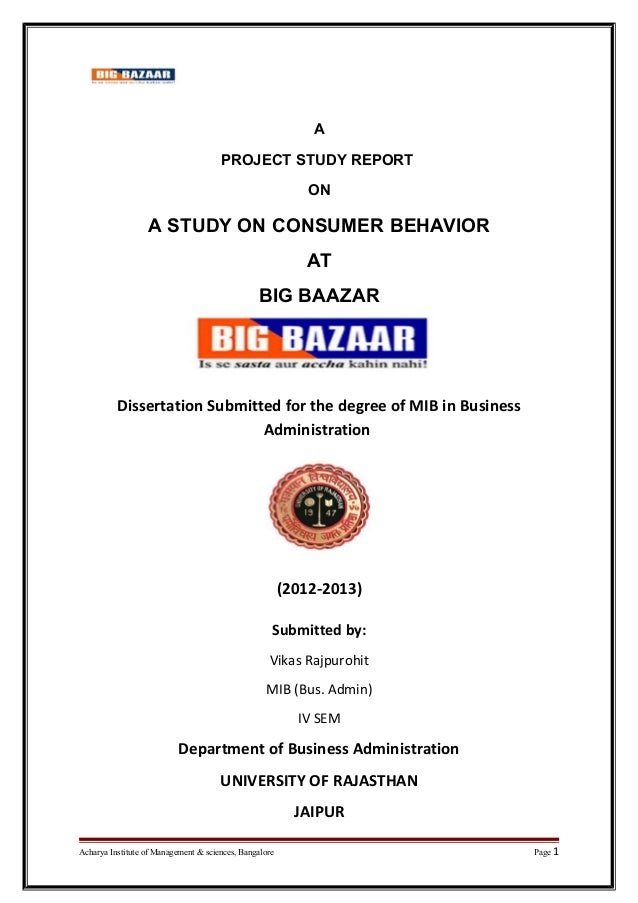
How Class Conflict Leads to Crime. In the conflict theory of deviance, laws are simply a way for one class to control another class so that resources do not need to be shared. A law that benefits one class, but not the other, creates a conflict between the two. This is what leads to acts of deviance.
